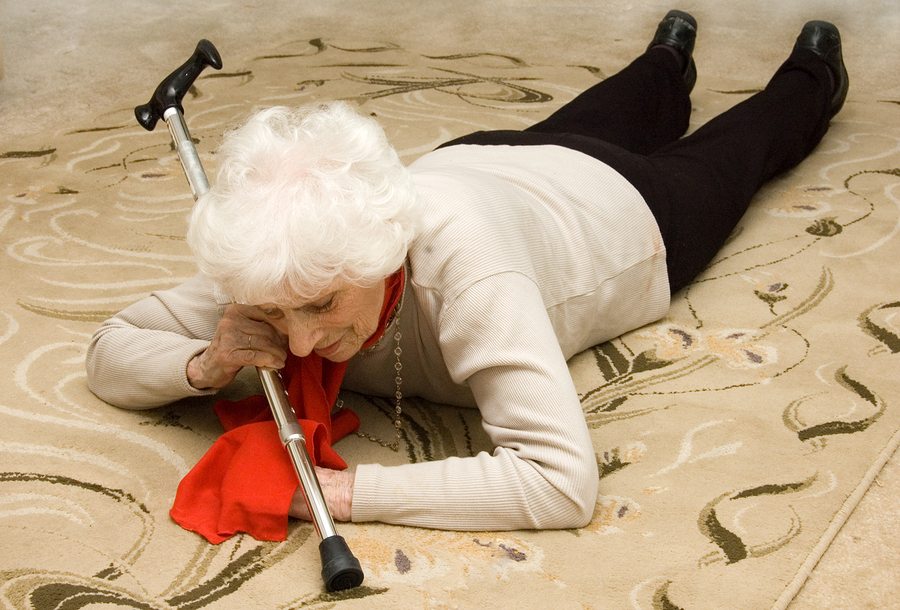Do You Know What To Do When Your Elderly Relative Falls?
Did you know that falls are the leading cause of injury and death for elderly people in the United States? According to the Centers for Disease Control and Prevention, around 30 million seniors fall each year at home, senior care centers and other places in their community. Family caregivers like you should learn what to do when your elderly relative falls to ensure they get the help they need.

Home Health Care in Warren County VA: Senior Falls
Why Are Seniors More At Risk of Falling?
There are many contributing factors to why elderly people have a higher risk of falling. It could be due to chronic illnesses, injuries, prescription medication, reduced muscle strength, still joints, poor eyesight, slowed reflexes and similar physical limitations. Many seniors don’t slow down and take the necessary precautions that might save them from falling, such as using a cane, because they don’t feel like they need to. Any-one of these factors could contribute to a devastating fall for your elderly relative.
You can help your elderly loved one reduce the risk of falling in several ways. Reduce clutter around the house and eliminate tripping hazards like thick rugs and electric cords. Make sure they are wearing good shoes and no loose clothing that could wrap around the legs, like a long skirt. Many people install handrails and grab bars in key areas like the bathroom. Good lighting throughout the house is also important for seniors to be able to see where they are going. All this and more are excellent ways to minimize the risk of falling. However, even the most prepared seniors can still experience a fall.
What To Do When Someone Falls
If you, a family member or a senior care assistant discover that your elderly relative has fallen, there are several precautions to take to make sure you are not making things worse.
Here are the proper steps to take when an elderly person falls:
-Stay calm and speak to them in a soothing voice.
-Don’t move them right away until you can assess if there are any injuries.
-Look for signs of obvious injury, like swelling, bleeding and broken bones.
-Ask them if they are feeling any pain or discomfort and investigate that.
-Keep them as still as possible.
-Apply basic first aid to any injuries you find.
-If they are unconscious or slipping in and out of consciousness, call for emergency medical help.
-If the injuries are more than a simple cut or bump, call for emergency medical help.
-Only if you find no major injuries and they are in little pain should you help them get up.
-Help them get up using a chair for support and then sitting in it until they feel well enough to get to their feet.
It’s always a good idea to take an elderly relative to the doctor for a checkup after any kind of fall. There certainly are injuries that can manifest a few hours or days later and the doctor can identify those and provide proper treatment. You need to prepare in advance on how to assist your elderly relative because in most cases it isn’t a matter of if they will fall, but when. The way you handle a fall will make a real difference.
If you or an aging loved-one are considering hiring home health care in Warren County, VA, please contact the caring staff at LivinRite Home Care.
Call Us Today at (703) 634-9991.
Serving Northern Virginia, The Valley, and Surrounding Communities.
Source:
https://www.cdc.gov/media/releases/2016/p0922-older-adult-falls.html
- Skilled Nursing: Offering Peace of Mind for Seniors Aging in Place - April 8, 2025
- Can Physical Therapy Help Seniors Learn How to Fall Safely? - March 27, 2025
- Senior Home Care Helps Keep Aging Adults Safe in the Kitchen - March 11, 2025
